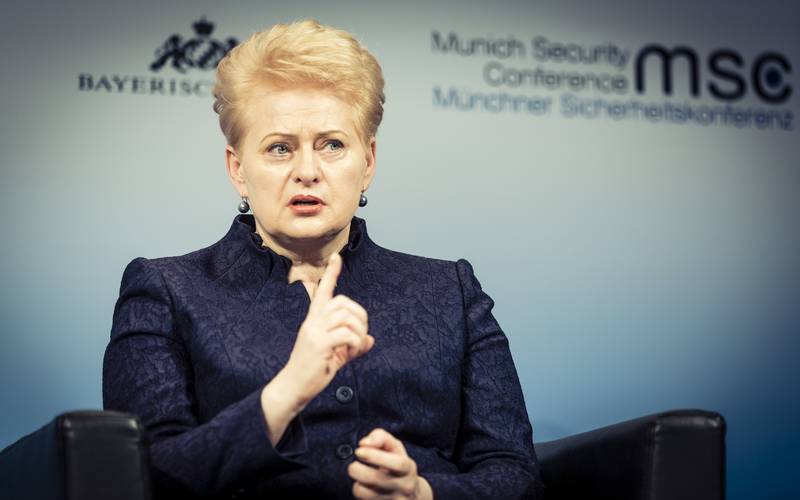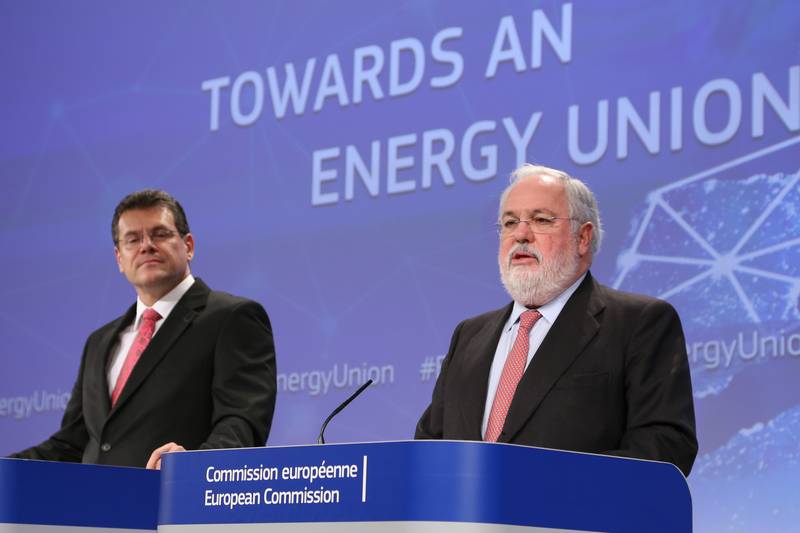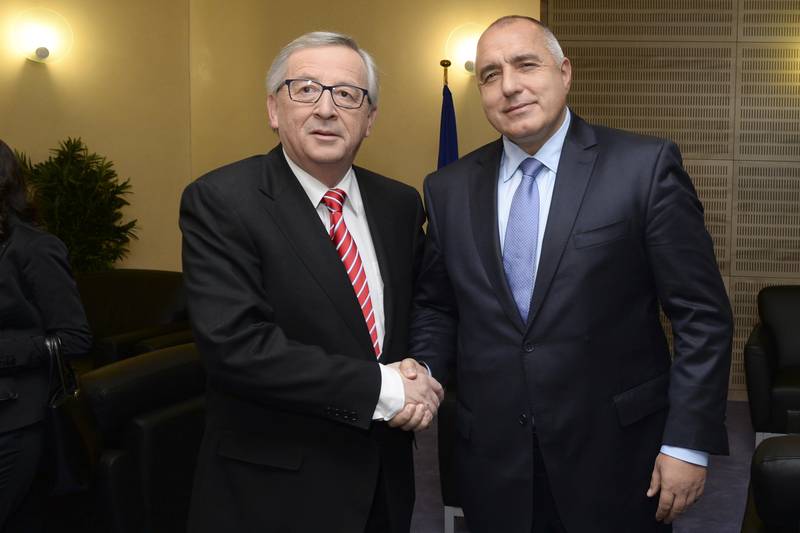More questions about the second nuclear power station Belene
Ralitsa Kovacheva, February 18, 2010
 The second Bulgarian nuclear power station Belene could prove to be the ruling party's warrant for staying in power. This is the position of the leader of the opposition Union of Democratic Forces Martin Dimitrov who is also a co-resident of the Blue Coalition. The Coalition asked the minister of energy and economy to be heard in Parliament regarding the intentions of the government to continue the construction of the second nuclear power station. As euinside wrote on Tuesday, minister Traykov announced that Bulgaria could take 2 bn euro loan from Russia for the station. According to Martin Dimitrov, this project will be a very serious test for Bulgaria's economy because there is no money in the budget to finance it and also that 2 bn euro Russian loan would lead to unseen and unheard dependence from Russia.
The second Bulgarian nuclear power station Belene could prove to be the ruling party's warrant for staying in power. This is the position of the leader of the opposition Union of Democratic Forces Martin Dimitrov who is also a co-resident of the Blue Coalition. The Coalition asked the minister of energy and economy to be heard in Parliament regarding the intentions of the government to continue the construction of the second nuclear power station. As euinside wrote on Tuesday, minister Traykov announced that Bulgaria could take 2 bn euro loan from Russia for the station. According to Martin Dimitrov, this project will be a very serious test for Bulgaria's economy because there is no money in the budget to finance it and also that 2 bn euro Russian loan would lead to unseen and unheard dependence from Russia.
"If the station is to be realised in this way, it will bind Bulgaria to Russia even more than the president Gheorghi Parvanov and the tri-partite coalition did", Martin Dimitrov warned. The other political parties did not comment on the issue which for unknown reasons was not in the headlines for most of the media in Bulgaria. The idea of a Russian loan of 4 bn euro was mentioned for the first time a year ago. Then the Russian side announced that the money was ready and it was only waiting for Bulgaria to agree to take it. The then-government denied to had asked for Russian financing.
A year later, the government of the ruling party GERB seems much closer to such a step. Jan Haverkamp from the Greenpeace commented for euinside that the Bulgarian government should consider the proposal for a Russian loan as a warning:
"This is half of what Russia offered earlier. Obviously, Russia is getting the same fears that has kept away other potential investors in Belene and that drove out RWE: the chance the project will be finished is minimal. That Russia now seeks support for this 2 billion loan may well have to do with its own miscalculations. It already ordered large parts and obviously it is looking for ways to make Bulgaria pay for that. The Bulgarian government should take this as a clear warning. The Russian side is not interested Bulgaria. Bulgarian interests are better served with an investment of 2 Billion Euro in the development of energy efficiency and renewable energy sources. It is no problem finding investors for such projects nor implementing them. The only problem is that NEC (National Electricity Company) as grid operator is blocking such solutions".
According to Petko Kovachev, executive director of the Green Policy Institute, it seems there is some nervousness and pressure from Russia because some steps were taken, especially with regard to Nabucco and the Kozloduy nuclear power station, which show an attempt for detachment from the Russian energy influence or, at least, for renegotiation of some conditions. "We should see whether these renegotiations are in public interests or the "beneficiaries of corruption" are just been renegotiated", Kovachev added for euinside. And with regard to the loan conditions, according to Petko Kovachev there are several schemes possible.
For example, assets from the Bulgarian energy could be put at stake against the 2 bn euro. These could be the assets of the future second power station or the Bulgarian Energy Holding which, not coincidentally was estimated to cost 4.5 bn euro (Moscow offered the same amount of money as a loan for the project of the previous government). The holding consists of the Kozloduy nuclear power station, Bulgargaz, the steam power plant Maritsa-East 2, the coal mines Maritsa-East, etc. Another possible scheme could be "Western" investors to be found and they will actually be companies, operating with Russian capital and registered in the EU, Kovachev deliberated.
Is the government indeed going to ask Russia for a loan as as to continue the construction of Belene and at what conditions, is expected ti become a bit clearer in Friday when in Sofia will arrive the director general of Rosatom Sergey Kirienko together with the Russian minister of energy Sergey Shmatko.
 Dalia Grybauskaite | © MSC/Koerner
Dalia Grybauskaite | © MSC/Koerner Maros Sefcovic, Miguel Arias Canete | © European Commission
Maros Sefcovic, Miguel Arias Canete | © European Commission Jean-Claude Juncker, Boyko Borissov | © European Commission
Jean-Claude Juncker, Boyko Borissov | © European Commission